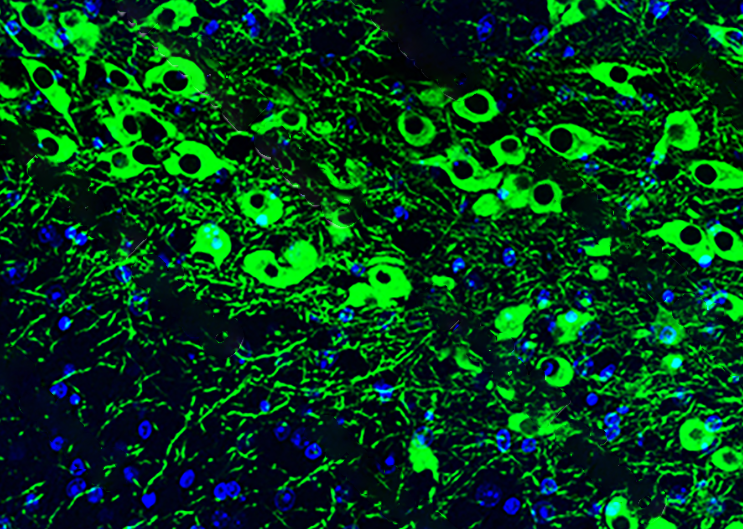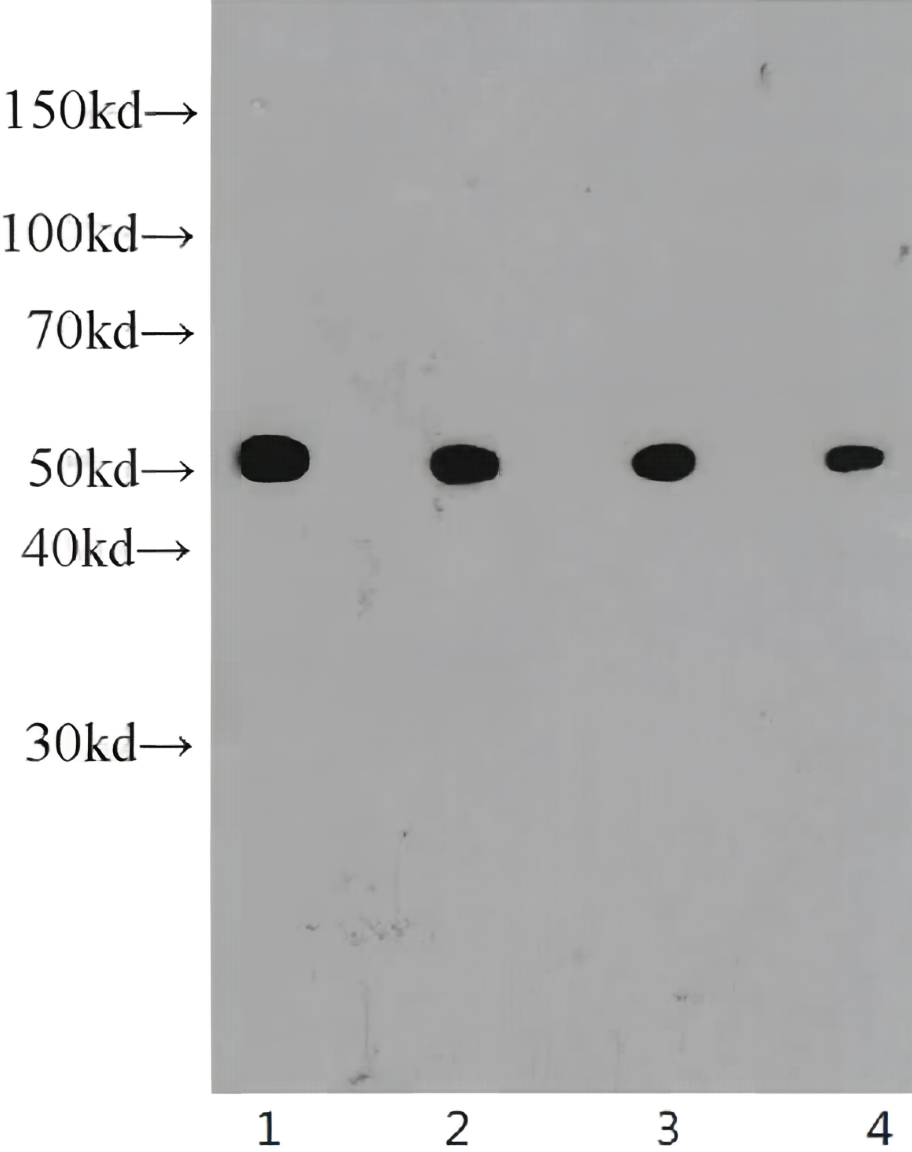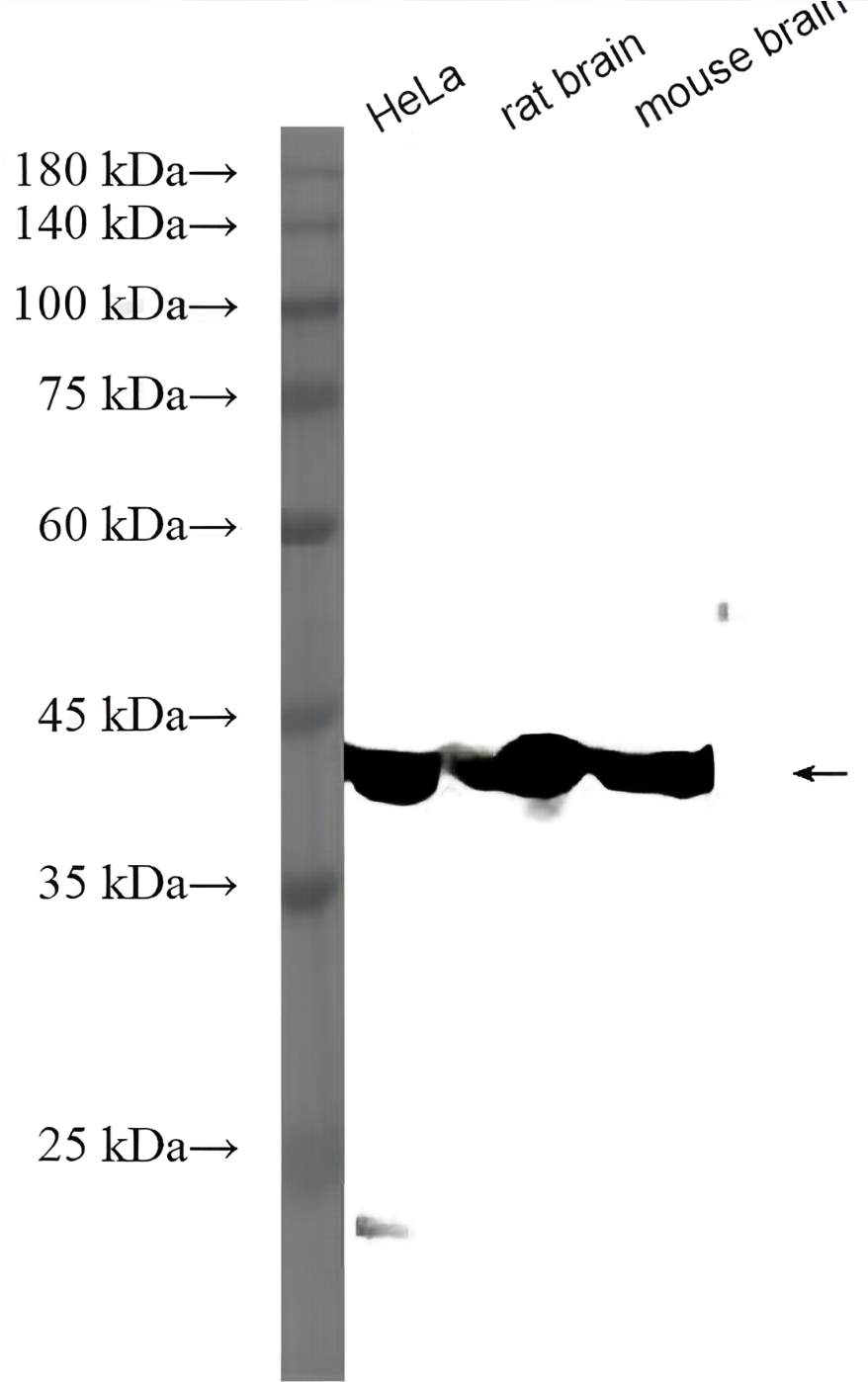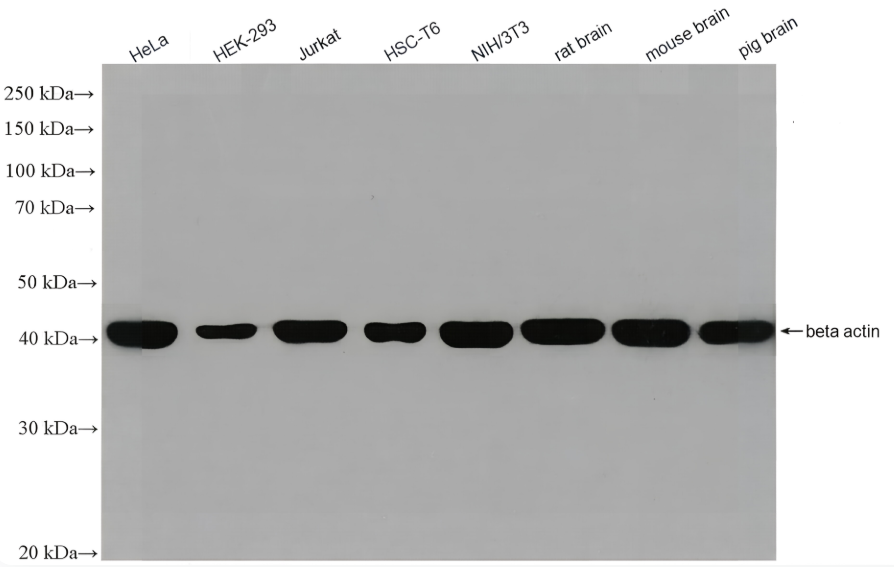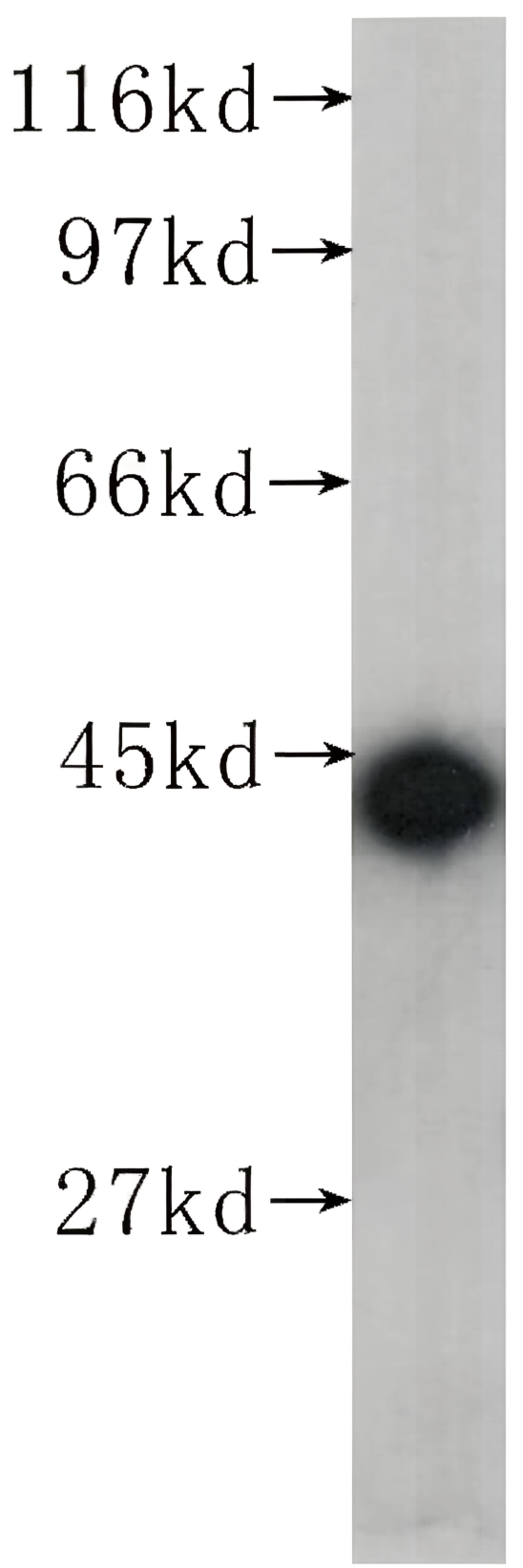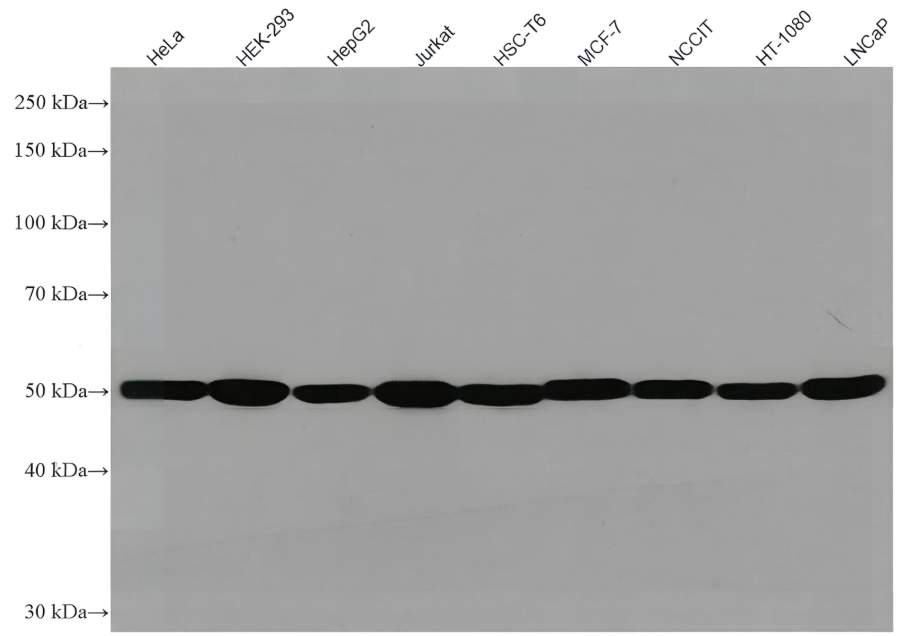TH(tyrosine hydroxylase) Guinea pig Polyclonal Antibody
CAT.NO. : ARA6668
RMB Please choose
RMB Please choose
*产品价格可能会有所调整,请以品牌方官网实时更新的价格为准,以确保准确性。
Background
Tyrosine hydroxylase (TH) is an enzyme involved in the synthesis of catecholamine neurotransmitters dopamine, epinephrine, and norepinephrine. In all species, catecholamine synthesis is regulated by the interaction of TH with a cofactor, tetrahydrobiopterin (BH4). BH4 binds to the TH catalytic domain, resulting in enzymatic activity. Unlike TH in non-primate species, four human TH mRNA splice variants (hTH1-hTH4) have been isolated. These variants are identical in their catalytic domain, but differ in their N-terminal, regulatory domains. TH is also responsible for the conversion of L-tyrosine to L-dopa. TH plays a key role in the physiology of adrenergic neurons. The role of TH in the synthesis of catecholamine neurotransmitters suggests a correlation between the enzyme and a number of neuropathogenic diseases including: Parkinson's disease, schizophrenia, Segawa syndrome, and dystonia, as well as a variety of cardiovascular diseases.
Application
|
Application |
Dilution Ratio |
|
IF/IHC-Fr |
1:500~2000 |
|
IHC-P |
1:200~1000 |
|
WB |
1:2000~5000 |
Overview
|
RRID |
AB_2938883 |
|
Host Species |
Guinea pig |
|
Important Notice |
Antigen retrieval is recommended before IHC/IF-Fr staining |
|
Gene Synonyms |
tyrosine hydroxylase, TYH; DYT14; DYT5b |
|
Species Reactivity |
Mouse, Rat; Human |
|
Applications |
IF/IHC-Fr: 1:500~2000; IHC-P: 1:200~1000; WB: 1:20000~50000 |
|
Antigen Retrieval |
For an alternative approach, tissue sections could be incubated in 1x Citrate antigen retrieval solution for 30 min at 95°C and cool down to room temperature before next procedure |
|
Purification |
Affinity purification |
|
Storage Buffer |
pH7.4, PBS, 50mM Tris, 50mM Glycine, ~40% Glycerol, 0.1% potassium sorbate |
Data
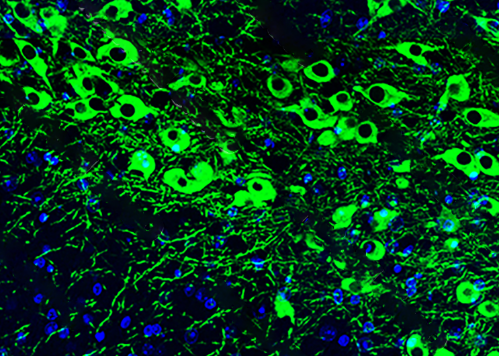
Immunostaining of paraffin-embedded mouse brain section against TH(tyrosine hydroxylase) Guinea pig Polyclonal Antibody(1:1000). Antigen retrieval was performed.
Storage
Store at +4℃ after thawing. Aliquot store at -20℃. Avoid repeated freeze / thaw cycles.
Research Use Only
For Research Use Only. Not for use in diagnostic procedures.
 New Products
New Products




